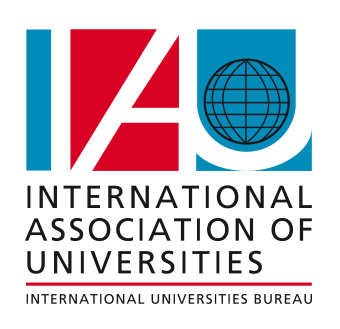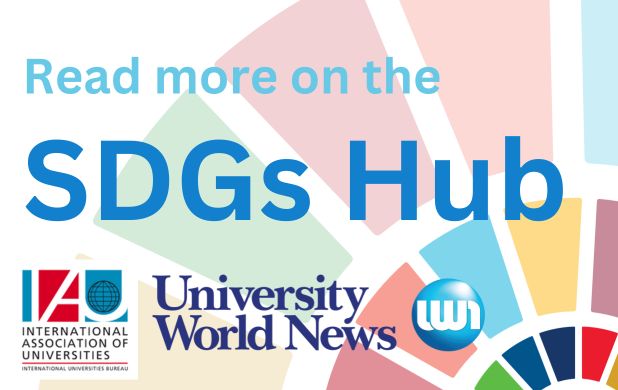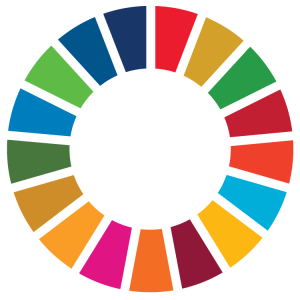Sustainability Actions and Strategy at UNICAMP
Strategy
The University of Campinas plays a fundamental role in the quality of life in the region of the campuses.
As a form of continuous citizenship, it seeks to adopt the sustainable scenario of a development model.
Thus, the document (click here to learn more) referring to Unicamp's Master Plan 2021 2031 presents:
- MISSION: integrate the management of Unicamp as a sustainable university to the planning its use and occupancy
- EYESIGHT: be the Brazilian university with the lowest environmental impact by 2030.
- VALUES: SUSTAINABILITY. INTEGRATION. INNOVATION. COLLECTIVITY. TRANSPARENCY.
'Universities are the training centers for future borrowers decision for the social, environmental, political, and economic sectors (Lozano, 2006).'
'In them are opportunities for the dissemination of knowledge and practice of sustainable development through the training of professionals and leaders; production of knowledge and technologies and the promotion of training to the community. Are the
universities that can develop the intellectual and conceptual framework to achieve
sustainable development (Cortese, 1992).'
Some examples for strategic sustainability actions include:
- Fauna and flora management plan: urban arborization plan for campus; green connection plan for the sustainable development HUB "HIDS" (Hub Internacional para o Desenvolvimento Sustentável (HIDS) http://www.hids.unicamp.br/).
- Water resources management plan: drinking water; water of reuse; drainage; streams and buses; water quality.
- Energy resource management plan: energy efficiency; urban and building; use of renewable energy sources.
- Management plan for intelligent campus: planning of data platform, internet of things (iot), operation plan.
- Waste management plan for campus: expand the scope to other types of waste; industrial ecology and circular economy; solutions for urban waste.
- Environmental education program for sustainability: integration social; social awareness-environmental.
As inclusive actions, the system of ethnic-racial quotas and academic support for students to stay. Furthermore, the university offers support and guarantees the rights of other minority groups such as women, LGBTQI+, People with Disability and refugees. In this context, Unicamp's Human Rights/DeDH Executive Board was created (www.direitoshumanos.unicamp.br).
The book 'Sustainable Campus: a model of innovation in energy management for Latin America and the Caribbean' (click here for the publication in Portuguese) presents a vision of the role of universities in environmental policies, in which energy sustainability is highlighted and provides opportunities for reflections on the scenarios in Latin America and the Caribbean. It is a dialogue that mobilizes national public policies, advocating energy management and efficiency. Demonstrates how these policies were applied at the University of Campinas (Unicamp) in the format of the Living Sustainability Laboratory Energy, focusing on the development of Smart Human Cities.



